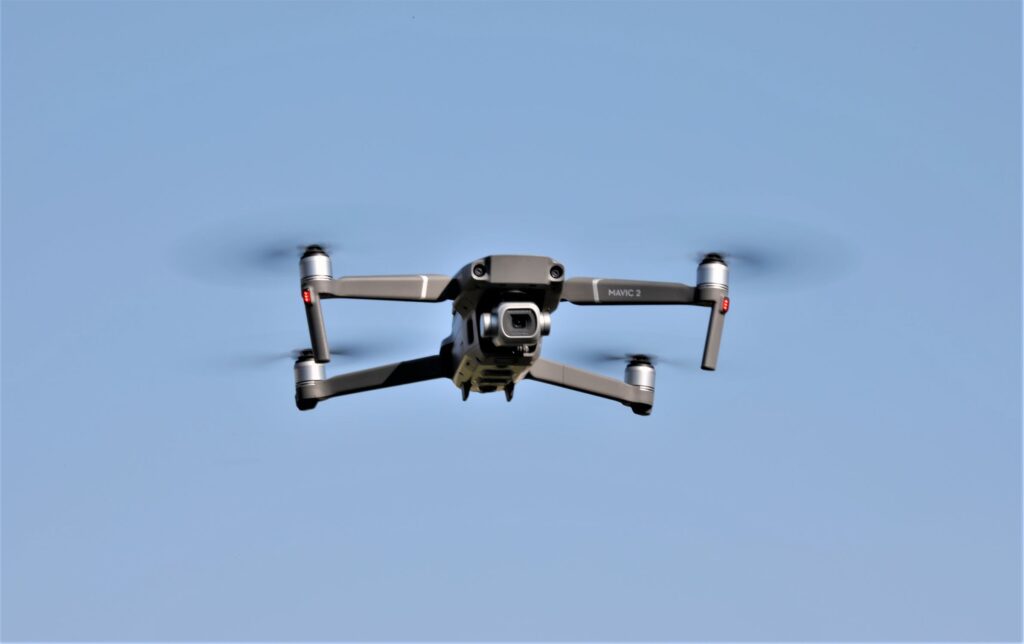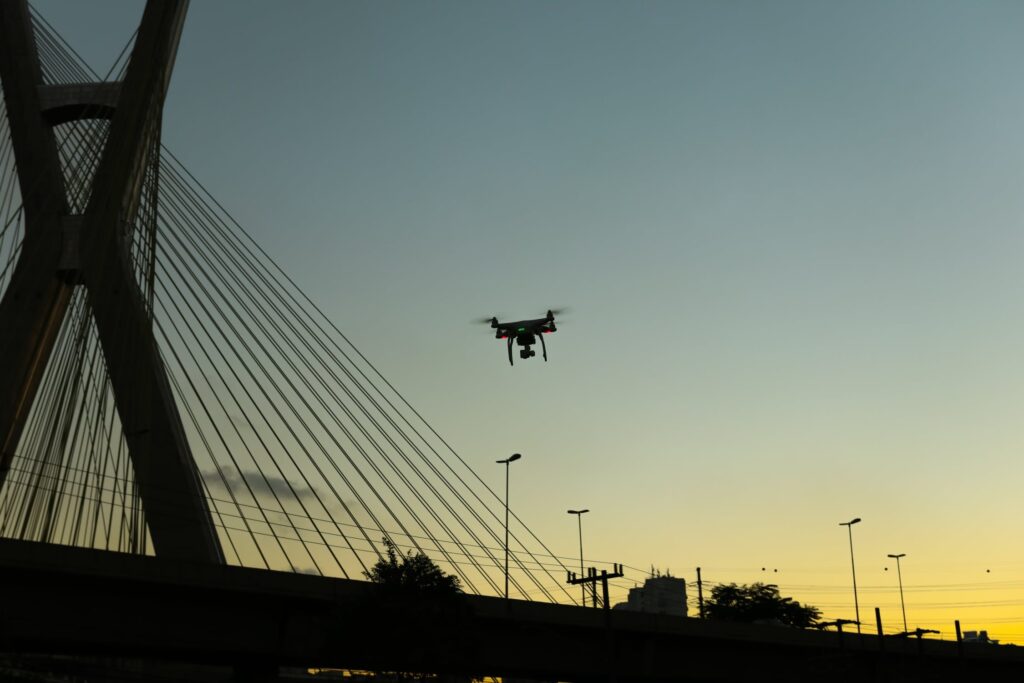WiBotic has secured FCC approval of $5.7 million in funding to enable it to expand its wireless charging technology which will provide as much as 300 watts of power to equipped devices.
This approval is a first of its kind, which makes it possible for robots and drones to be charged wirelessly and be charged several centimeters from the transmitter. The company’s charging stations use near-field antennas to beam power wirelessly to receivers that can be hooked up to batteries on robots, drones or other devices. Battery levels are monitored to ensure that they are charged without causing damage, which enables the drones to fly a much longer time in the sky and it also reduces the time for maintenance, thereby saving significant time.
WiBotic was founded by Ben Waters, a research assistant, and Joshua Smith, a computer science and electrical engineering professor. Waters claimed the technology is well-placed to capitalize on current trends.
The funding included investors, Junson Capital, SV Tech Ventures, Rolling Bay Ventures, Aves Capital, The W Fund, and WRF Capital, with the latest round bringing a total investment of almost $9 million to WiBiotic.
WiBotic CEO, Ben Waters, explained:
“FCC approval is not only an accomplishment for our team but also for our customers and the industry. Previously only low power cell phone and small electronics chargers or very high power electric vehicle chargers were approved for widespread use. WiBotic is now providing a solution that lets the entire automation industry take advantage of the wireless power revolution. As the industry continues to grow, robots and automation in general are facing more regulation and stricter safety and emissions requirements. We’re excited to help businesses solve some of these problems as they rapidly deploy larger autonomous fleets.”*
WiBotic’s wireless solution uses a fleet of drones that are equipped with wireless charging coils that receive power when landing on a base station. This means the drones do not need to be equipped with charging contacts or a person to replace the batteries due to the fact that, when the drones land, they also share battery information and only need a charge to start.
WiBotic is targeting the construction, inspection, agriculture, security, delivery, and mining industries by using its technology to make it possible for drones to stay in the air for a longer time, thereby enabling them to be charged under any conditions.
Waters said:
“Our mission has always been to power the world of automation. Over the last five years, we’ve seen big growth in companies doing proof-of-concept deployments of robots, testing things out, learning where here’s value. . . . In the last six to 12 months, that’s finally started to pivot to, ‘OK, how do we deploy these things at scale?’”*
WiBotic already is working with a variety of customers including Waypoint Robotics, Clearpath Robotics, and Aero Corp, and it does business in 13 countries across five continents, “from drones to mobile robots to unique battery-powered IoT applications.”*
This recent round of funding will enable the company to further advance its technology, expand its sales team, and increase its growth.
Waters explains:
“We need to make sure that, as infrastructure in this robotics market, we’re one step ahead of our customers. They need to be able to have confidence in our product and our team and our company to move forward with an important piece of a robotic ecosystem.”*
WiBotic’s team has grown to 12 full-time employees in addition to a few part-timers.
WiBotic is keeping its focus on business-to-business applications rather than consumer applications. But their goal and “secret weapon” is to be a leader in the U.S., and abroad, in wireless charging and autonomous power, in general, for robotics and drones.
Waters explains:
“We’ve gotten so much customer feedback and experience working with companies in this industry that we’re able to expand beyond just simply battery charging, to add more value when it comes to improving the uptime of a big robot fleet by optimizing the way that robots charge. These are really important problems that autonomous systems face, but might not be a problem that a consumer trying to charge one device on one pad might face.”*
Since robots and drones need to be charged by batteries, WiBotic has a very important role to play.
Future
The FCC’s approval of $5.7 million in funding is enabling WiBotics to expand its wireless charging technology to not only benefit their company but will also benefit the advancement of aerial robots (drones) and land robots.


